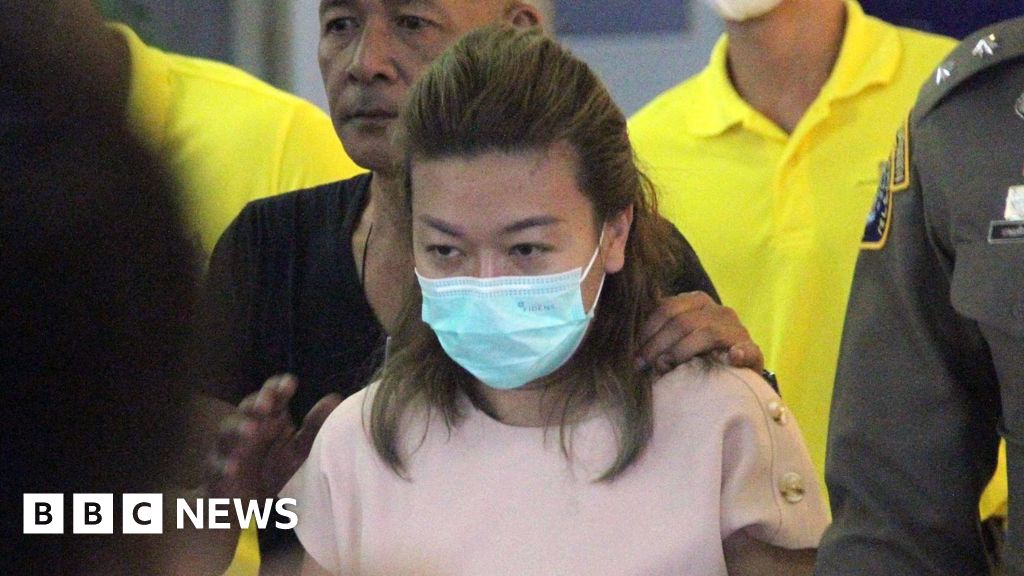Giants of Latin American Literature: 6 Master Writers from García Márquez to Vargas Llosa
Latin American literature portrays the continent's rich cultural and historical heritage, blending themes of social injustice and political struggles with universal narratives. Through unique movements like magical realism, it has contributed to the literary world by presenting local stories with a global perspective. This literature addresses universal themes such as humanity, identity, and freedom, creating a profound impact on a global scale.
1. Eduardo Galeano (Uruguay)

Eduardo Galeano stands out as a writer who effectively portrays Latin America's historical struggle against colonialism and imperialism. His most famous work, The Open Veins of Latin America, powerfully narrates the continent's colonial past and economic exploitation. Galeano masterfully blends history and literature, contributing significantly to Latin America's historical consciousness.
2. Gabriel García Márquez (Colombia)

Gabriel García Márquez is one of Latin America's most influential writers and a pioneer of the magical realism movement. His novel One Hundred Years of Solitude (Cien Años de Soledad) fuses the region's mythological past with its social realities through literature. Winner of the Nobel Prize in Literature in 1982, Márquez introduced Latin America's cultural heritage to a global audience.
3. Pablo Neruda (Chile)

Pablo Neruda is one of Latin America’s most celebrated poets. His poetry, which often explores themes of love, nature, and social justice, has earned him global recognition. Known for his socialist beliefs and commitment to human rights, Neruda was awarded the Nobel Prize in Literature in 1971.
4. Jorge Luis Borges (Argentina)

Jorge Luis Borges profoundly impacted modern world literature with his literary innovations and philosophical depth. Known for works such as Ficciones and The Aleph, Borges masterfully addresses concepts of reality, time, and infinity in his writing, providing Latin American literature with a universal perspective.
5. Isabel Allende (Chile)

Isabel Allende combines magical realism and historical fiction in works such as The House of the Spirits (La Casa de los Espíritus). Her novels often address themes of women's rights, freedom, and family, shedding light on Latin America's modern history and societal changes. Allende is considered one of the most important female writers in Latin American literature.
6. Mario Vargas Llosa (Peru)

Mario Vargas Llosa delves deeply into political and social issues in his works. Known for novels such as The Time of the Hero (La Ciudad y los Perros) and The Green House (La Casa Verde), Vargas Llosa explores Peru's political and social struggles through literature. In 2010, he was awarded the Nobel Prize in Literature.
What's Your Reaction?


























































